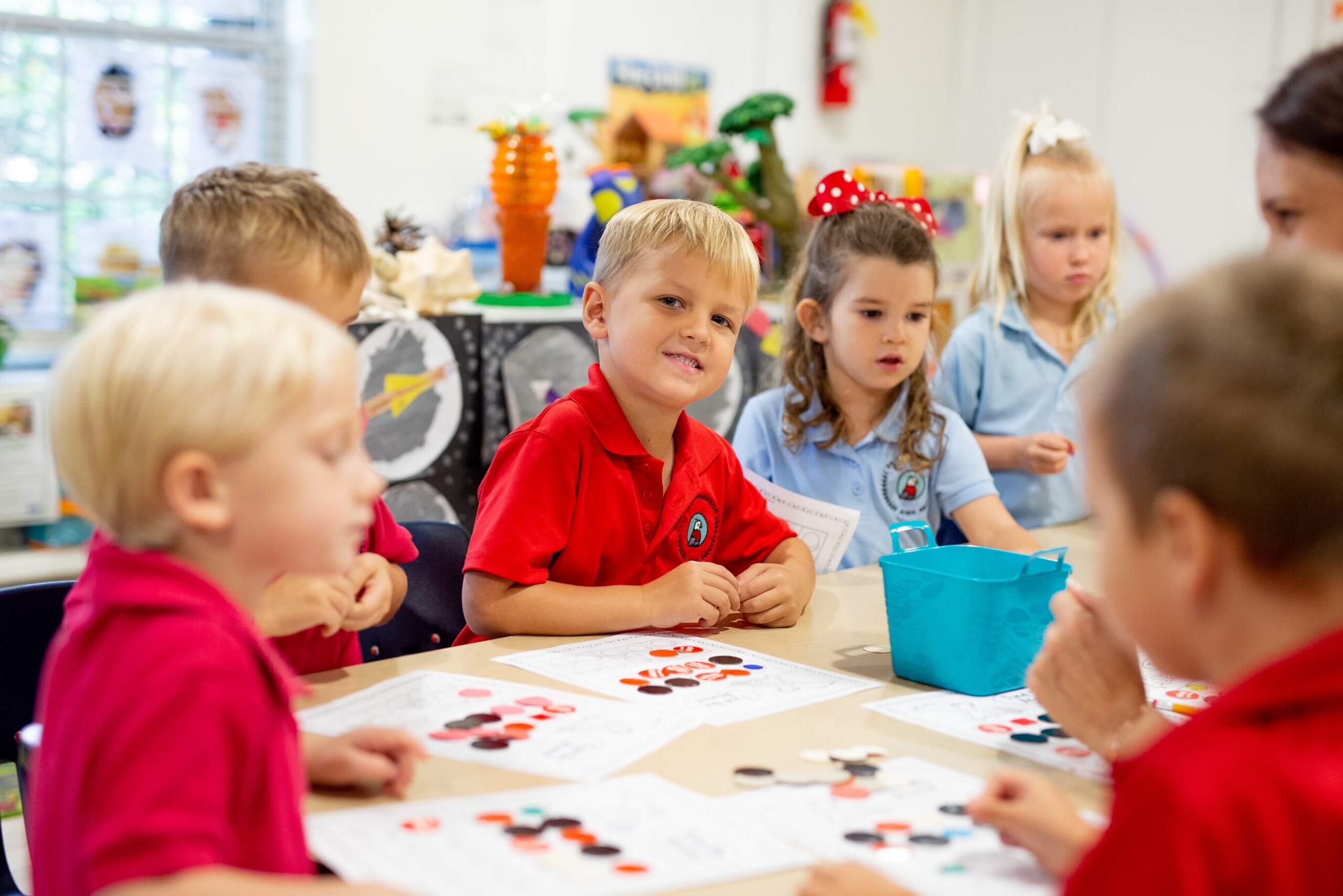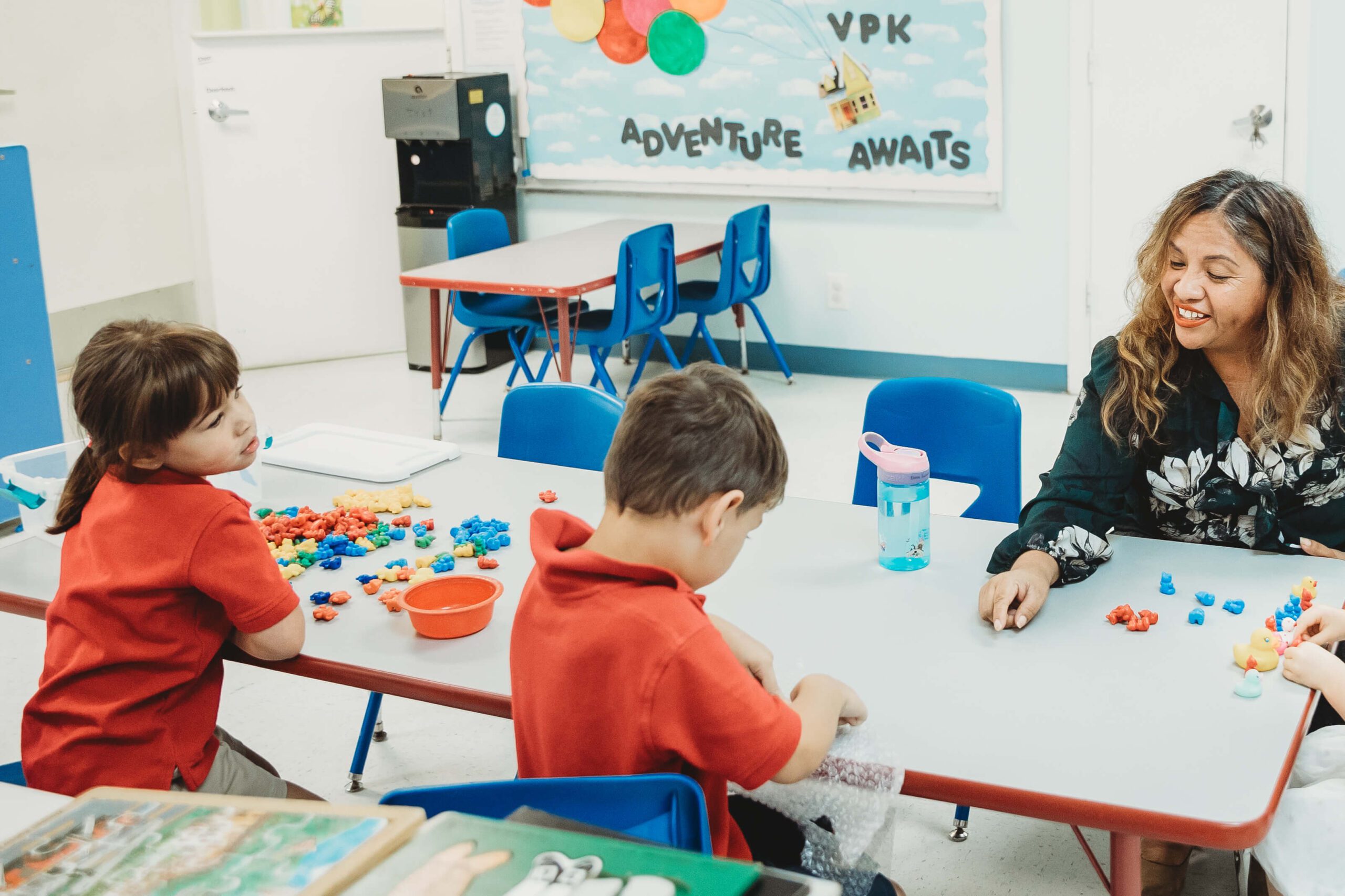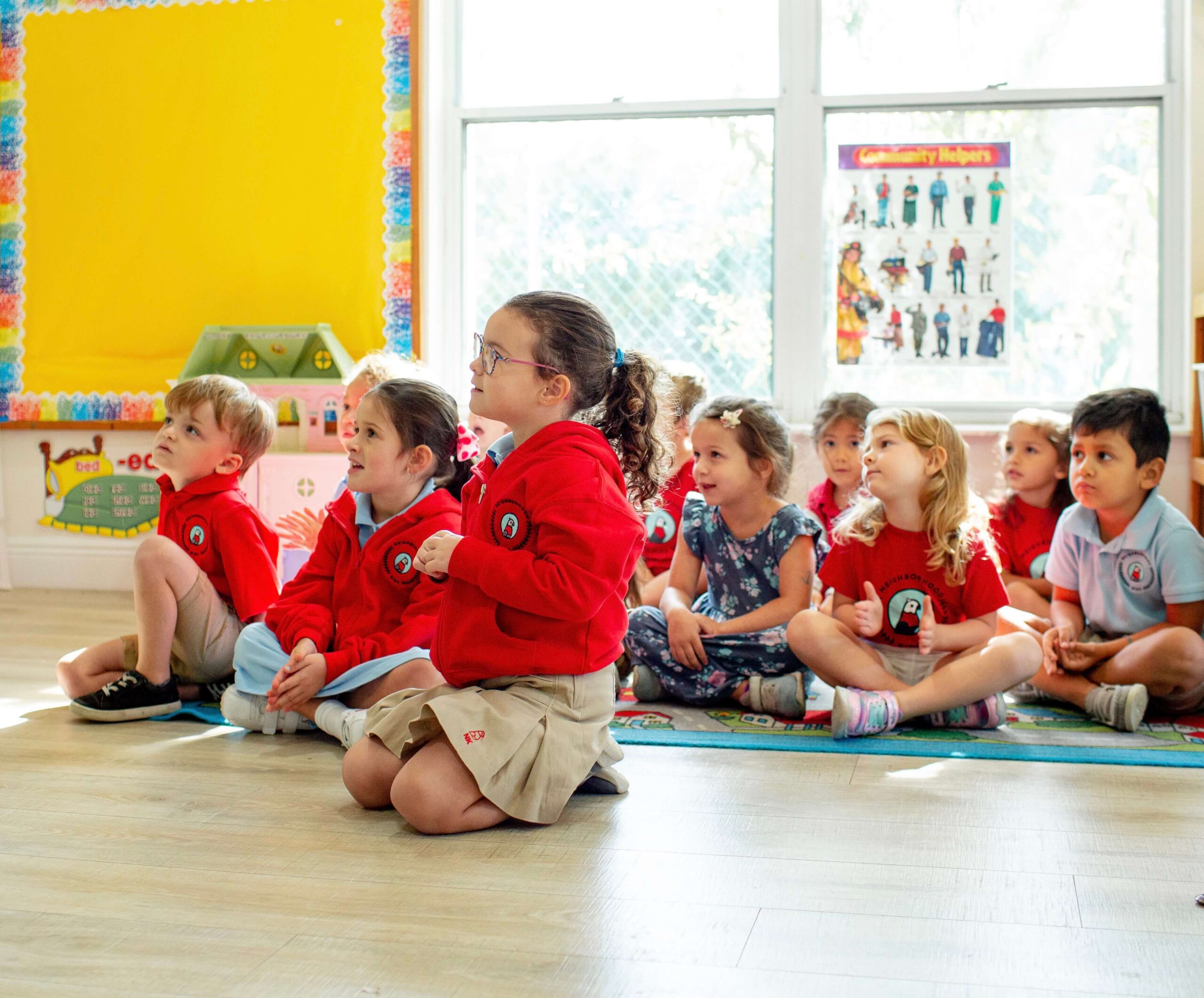While mandatory schooling begins around age 6 in the United States, there’s no age for learning. From the moment they’re born, babies start looking at the new world that surrounds them with curious eyes, and if you’re a parent dedicated to their education, there are several things you can do to foster their knowledge—like finding them a preschool with the best toddler education in Royal Palm Beach, FL.
However, to start fostering your baby’s growth and take action to help them discover the world around them, understanding how toddlers learn is key. After all, a 5-year-old brain is different than a 2-year-old, and so on. This guide explores how toddlers learn to help you understand your baby and their little heads better.

Their First Steps into a New World
As babies begin to move from crawling to walking, they enter what’s known as the toddler stage. This important milestone marks the beginning of a new period of their lives, filled with new funny experiences, interesting discoveries, and painful bumps.
Being able to toddle around the home on their own opens the door for babies to start learning more and more about their environment each day. Toddlers are very curious, and they will be very keen to explore their surroundings to learn key skills and information—much to their parents’ dismay, sometimes. During these times, remembering to leave the outside door closed is key.
Each child’s growth and development will occur at its own pace, but in some cases, the desire to try and learn new things can manifest as anger. After all, this age is often referred to as ‘the “terrible two’” for a reason.
As children reach the age of two, they’ll attempt to become more independent, which may translate into more frequent mood swings and impatience when things don’t go as they expect. It’s important for parents to understand a toddler’s need to try and do things on their own and support them.
So, How Do Toddlers Learn?
Toddlers learn constantly and in many ways.
They gain a better understanding of their surroundings by watching and observing what is going on around them, both at home and when out and about. They also learn to understand and speak language by listening to conversations between family members.
Moreover, by asking lots of questions about things they don’t understand or want to learn more about, they satiate their curiosity while building a bond of trust with their caregivers (that’s you!).
Learning Through Play
All children love playing, and it is very enjoyable. It has the bonus of helping children learn, too. According to UNICEF, play is an important part of your child’s learning and growth, as it allows them to explore their environment, practice developing skills, and bond with others.
Key skills such as problem-solving, physical skills, reading, number skills, and social skills can be learned through activities as simple as playing house, mimicking adults, or making up new worlds with other children.
Playtime will change as your baby gets older, depending on their developing skills. However, it is beneficial to promote play from an early age; different forms of play are ideal. Some games to encourage toddlers to learn are:

Household Helper
Ask your toddler to assist with age-appropriate housework, such as serving lunch or organizing clothes. Try making it into a game and letting them know how helpful they are!
- How your child benefits: By demonstrating to your child that they are an important family member, you may help them develop independence and self-worth.
Budding Artist
Create simple art projects with your toddler, such as drawings, finger paintings, or arranging items found outside, such as shells or pebbles. When they are finished, place them where your child can see them.
- How your child benefits: Allowing your child’s imagination to run wild through art encourages creativity and independence.
Tower Tumbler
Build a tower with blocks or other safely stackable objects, then let your toddler knock it down.
- How your child benefits: Your child will enjoy watching their creation fall down, and they will also be working on their fine motor skills by using both hands together.
Talk, Talk, and Talk!
Experts recommend that you narrate your day to your child. Talk about what you are doing while you are doing it; this is an excellent way to expose your toddler to various new words throughout the day.
- How your child benefits: Between 18 months and two years, most children learn one new word per week and can say 50 to 100 words by the age of two. The more you communicate with your toddler, the more words they will learn.
A Game of Opposites
Show your toddler a series of basic pictures, one at a time. Let’s say the first one depicts the sun. When you show it to your child, ask them to say ‘night’ rather than ‘day.’
- How your child benefits: This particular type of play emphasizes self-regulation and impulse control. The goal is to teach your toddler to stop, think for a moment, and override the response that comes first.
Share the Bible
If you’re Christian, you’ll probably want to share your beliefs with your toddler. While there’s no set age to introduce a child to religion, sharing the Bible can be a great way to show them the world and improve their language skills.
- How your child benefits: Bible readings—using age-appropriate Bibles, of course—can give your child an opportunity to learn about God, practice reading, improve their language skills, and even share a special moment with you!

Give Your Baby the Best Toddler Education in Royal Palm Beach, FL
Once a toddler learns to walk, there is no turning back. They will want to continue moving and honing this newfound ability. As they gain control of their bodies and learn about their own skills, your child will be running, jumping, and climbing in no time.
This development is natural, but we can always do things to foster it and ensure it takes place in a safe environment. By fostering a love for learning, curiosity, and resilience from a young age, you’ll give your children valuable tools and prepare them for what’s to come.
Once your child is old enough, Neighborhood Kids is here to help you ensure your child receives the best education. If you want to learn more about our curriculum or are interested in our extracurricular activities, reach out!


















